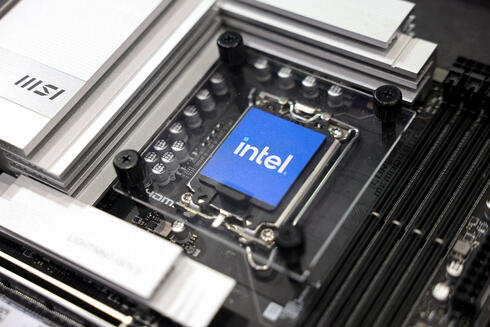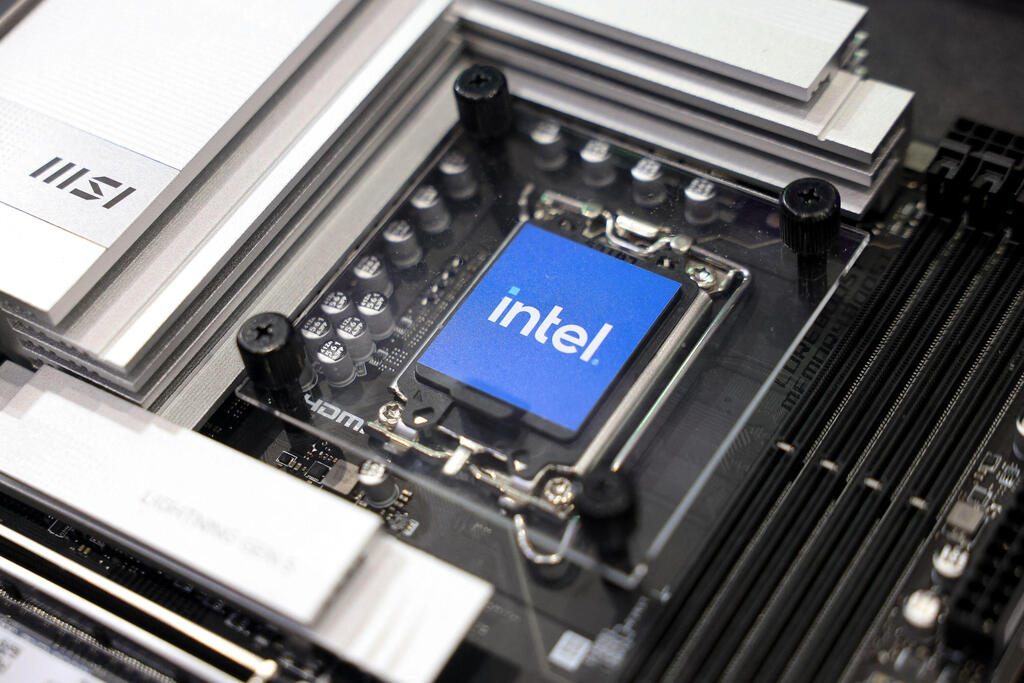
Intel stock plunges as Tan warns foundry dreams could be scrapped
CEO Lip-Bu Tan signals 14A foundry plan hinges on big buyers.
Intel’s promise to rebuild its battered chip empire took a sobering turn this week as the company’s new CEO, Lip-Bu Tan, warned that the company could pull the plug on its most advanced chipmaking ambitions if it fails to lock in big external customers, a reality check that has sent Intel’s stock down about 10% on Friday.
For decades, Intel’s identity has rested on pushing the limits of Moore’s Law, the observation by co-founder Gordon Moore that computing power doubles roughly every two years. But in his first months at the helm, Tan has made clear that Intel can no longer afford to chase that legacy at any cost, and investors are grappling with what that means for America’s last advanced chipmaker.
“We will build what our customers need, when they need it, and earn their trust through consistent execution,” Tan wrote in a memo accompanying Intel’s second-quarter results. “Going forward, our investment in Intel 14A will be based on confirmed customer commitments.”
That blunt line, effectively “no more blank checks”, caps months of sweeping changes under Tan. In his earnings call and internal memos, he laid out a plan to shrink Intel’s workforce by about 25,000 people this year, slash excess management layers by half, slow construction of costly new sites, and roll back projects in Germany, Poland and Costa Rica.
For Wall Street, the message has landed like a cold shower. Despite revenue topping expectations and a clearer roadmap for Intel’s aging x86 lineup and AI push, the harsh warning on its 14A foundry plan has sparked fears that Intel might retreat entirely from the leading edge of chip manufacturing if big clients don’t materialize.
Tan’s quarterly filing made the stakes explicit: without “significant” external customers for the new 14A manufacturing process, Intel will pause or cancel development of that advanced node. That would leave Intel’s factories relying on its existing 18A technology, but only through 2030. Meanwhile, tens of billions of dollars in chipmaking gear risk being written down.
“Unfortunately, the capacity investments we made over the last several years were well ahead of demand and were unwise and excessive,” Tan said. “I do not subscribe to the belief that if you build it, they will come.”














